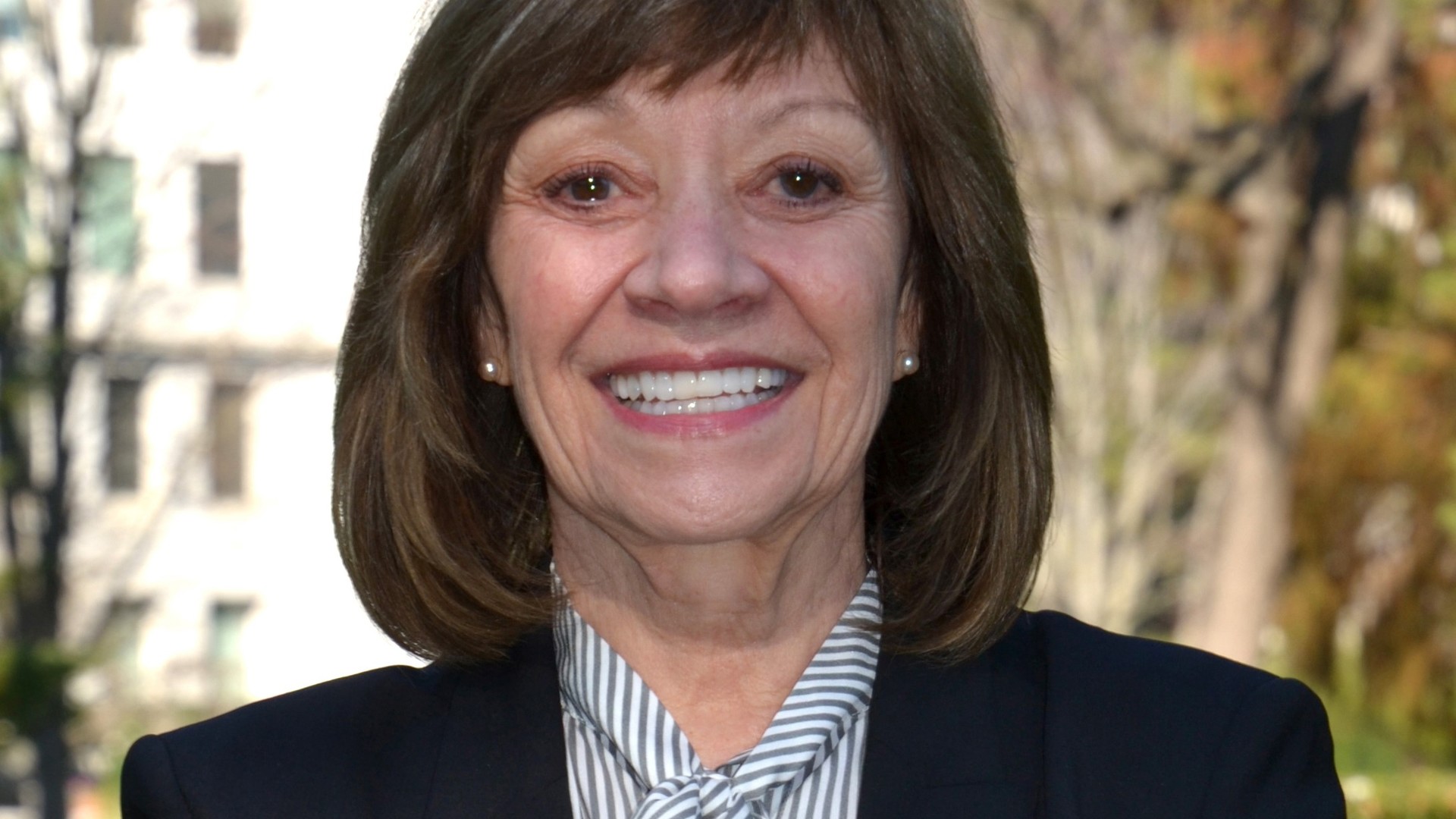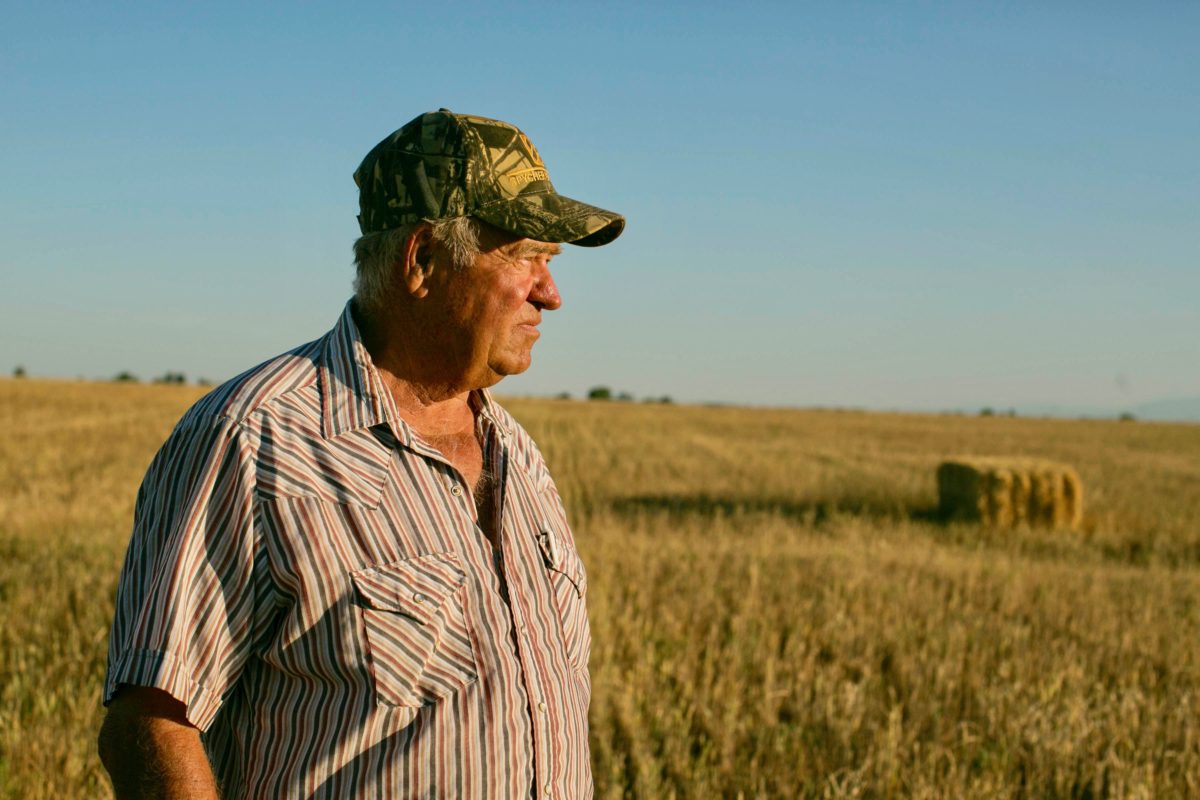Farm Equity Act – Part 1
All California Farmers Must Have Access to the Same Resources
By Tim Hammerich, with the Ag Information Network
The California Department of Food and Agriculture recently released the first annual report on the Farmer Equity Act. CDFA Secretary Karen Ross explains some of the key priority areas.
“Land tenure, especially for many of these farmers. They’re small scale. They are renting land because we know the cost of land is a barrier for new beginning farmers, regardless of what your ethnicity is, understanding that and what that means,” noted Secretary Ross
“Language: making sure that we’re providing as much of our services and program content in multiple languages if possible. Engagement with the agricultural industry, as well as being engaged with advisory boards and our marketing orders and commissions. And then how do we facilitate access to resources,” Secretary Ross said.
“The vast majority of resources are going to be USDA programs, but we’re an important partner with USDA. So what are we doing to make sure the word is out? And then how do we think through our own resources, especially around climate smart agriculture, as one example. And other grant programs that we might have, or that our sister agencies might have. Are we being very intentional, very thoughtful to make sure that we’re making those connections,” Secretary Ross explained.











